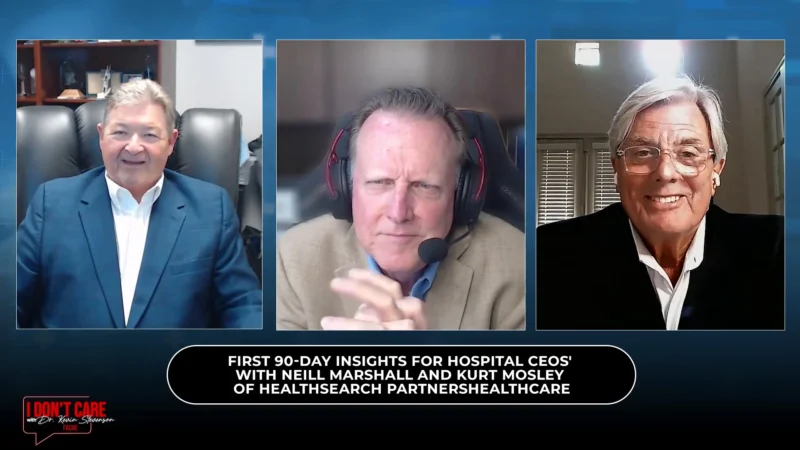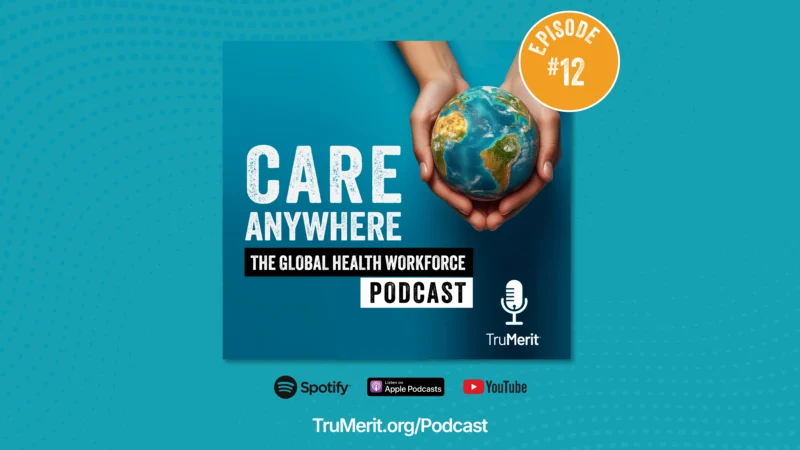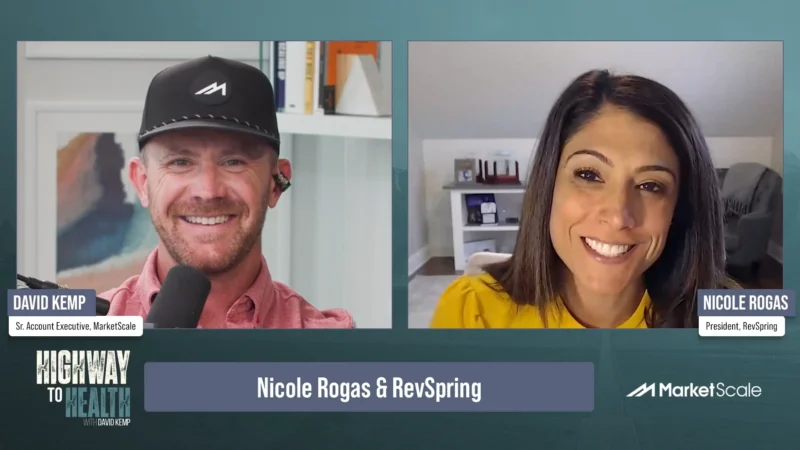Carevive’s Longitudinal Data
At Carevive, our commitment to enhancing cancer care through data-driven insights is at the core of our mission. Our real-time, longitudinal data set offers comprehensive and up-to-date information on patient experiences throughout their cancer journey.
With over 1,700 patients represented across 26 cancer types, our registry provides a wealth of information from more than 19,000 completed surveys conducted over two years. This rich dataset encompasses over 600,000 unique data points, providing valuable information for analysis and personalized care planning.
One of the key strengths of our approach is seamless integration with the care process. Our surveys are presented to patients by their care teams, ensuring an outstanding survey response rate of 82% or higher for some indications. This compliance underscores the importance of patient engagement in the treatment process.
Carevive’s real-time data empowers care teams with valuable insights, enabling them to make informed decisions, proactively address patient concerns, and optimize treatment plans. Our commitment to advancing cancer care through data excellence sets the stage for continued innovation and improved patient outcomes.




